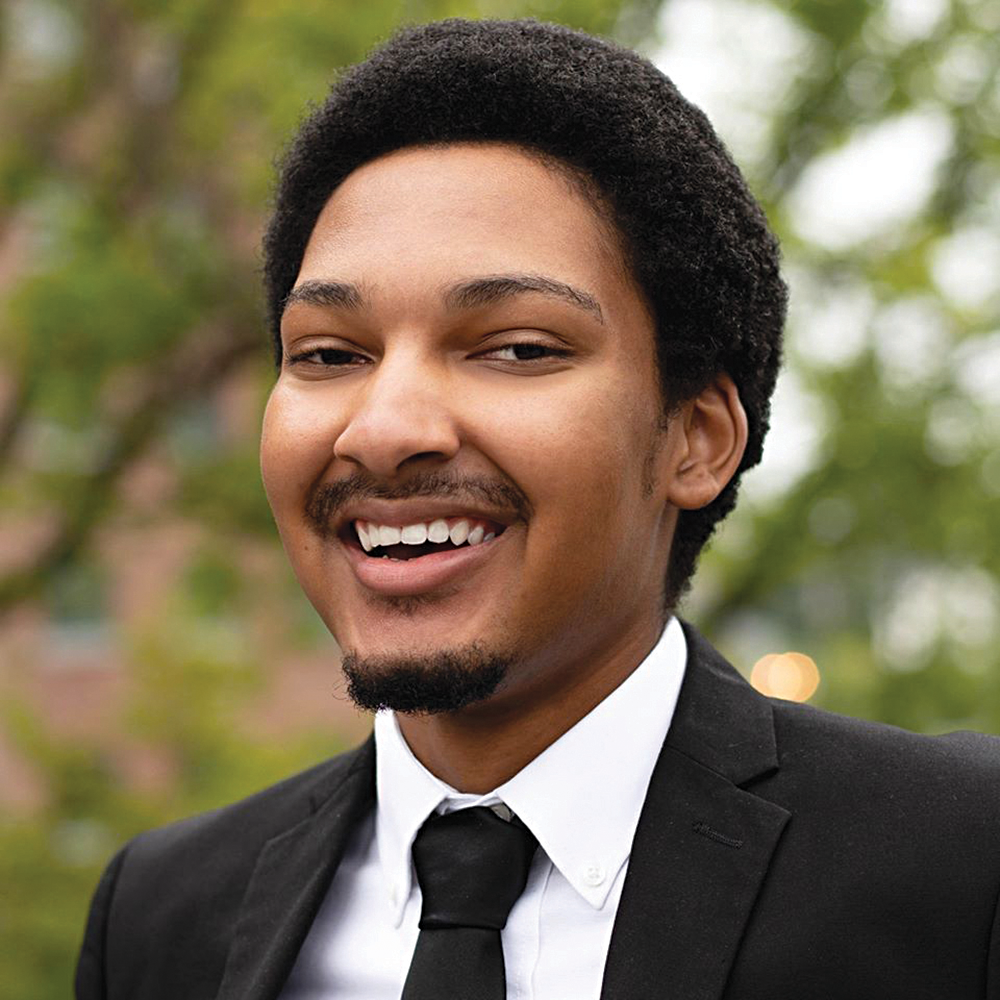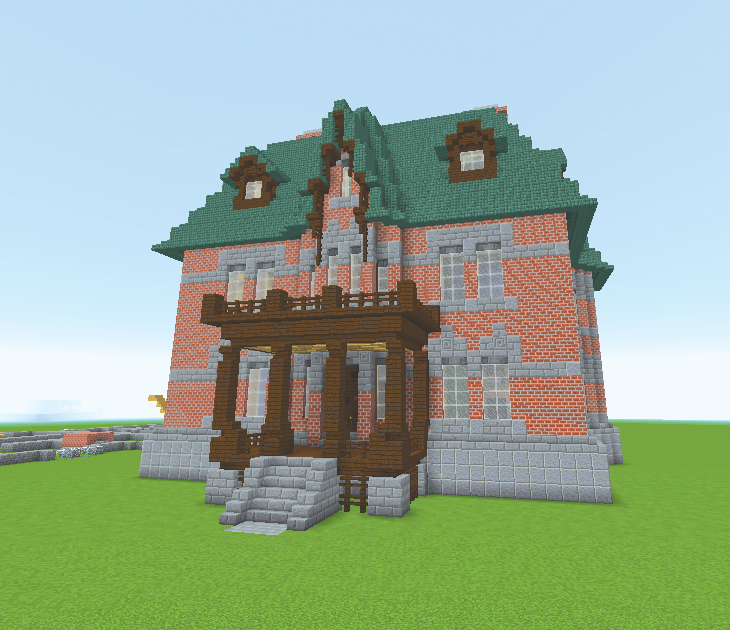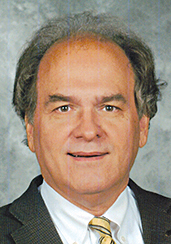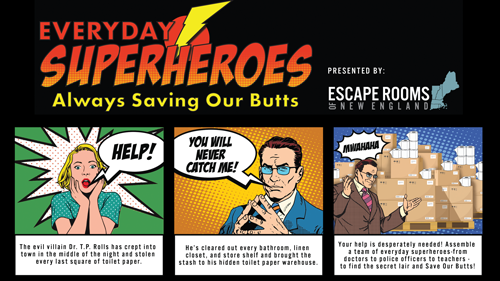Thompson organizes Black Lives Matter Nashua
As the racial justice organizer for the American Civil Liberties Union of New Hampshire, Jordan Thompson has done a variety of advocacy work, been involved with political campaigns and supported the efforts of other individuals and groups fighting for racial justice throughout the state. The nationwide invigoration and growth of the Black Lives Matter movement following the May 25 killing of George Floyd prompted Thompson to organize Black Lives Matter Nashua. He discussed the group’s mission and the need for more racial justice work in New Hampshire.
Why did you pursue a career in racial justice work?
It’s always been very personal for me. … My family has been deeply involved in politics. … Growing up in the foster care system showed me there’s a real need for the centering of social services. There’s a need to address a lot of disparities in our health care system. Child welfare reform is a major issue that we need to address. After I aged out of the foster care system at 18, I started working with a nonprofit called the National Foster Youth Institute in Washington, D.C. … We wanted to tackle federal legislation to address [child welfare] issues, but also challenged folks to go back to their home states and be the change they wanted to see at a local and state level. Immediately after I came back from Washington, D.C., I decided that I wanted to run for office. I ran twice in New Hampshire, first for moderator, then for the state House, unfortunately losing both times. I lost my primary for the state House by 30 votes; it was a very close race. I had decided that public service is what I wanted to do. I wanted to amplify the efforts and voices of young people of color in New Hampshire.
How did Black Lives Matter Nashua begin?
Of course, I was very saddened by the deaths of Ahmaud Arbery, Breonna Taylor and George Floyd. I had worked with Black Lives Matter Manchester, which is a really incredible group … and I felt inspired by that. I knew there were groups in Nashua that wanted to be more engaged in this work. … We formed … in response to the growing need to address racial justice in New Hampshire, specifically in the southern tier. We organized a vigil and protest … and had a really good attendance of over 1,200 people.
What is [its] ongoing mission?
We’ll be continuing … to rethink the role of law enforcement in our communities, to address a list of demands that we intend to present to our congressional delegation in our state and local leadership, and to provide a space for black and brown people to survive and thrive in their communities. We [plan to meet] with members of law enforcement so they can hear from youth that are impacted by these issues; having town halls with our local, state and federal delegations; and trying to lay out clear demands for policy reforms, then holding elected officials accountable to those demands once they’ve been agreed to. … We’re also working with the Greater Nashua NAACP [National Association for the Advancement of Colored People] and Black Lives Matter Manchester … [and] supporting protests and vigils that have popped up in the area and surrounding towns like Merrimack and Londonderry.
How did Black Lives Matter Nashua’s first vigil and protest go?
It went really well. We had a few agitators at the very beginning, but other than that, it was very peaceful. We had an incredible program of speakers [who delivered] inspiring messages. … I’m grateful that we continue to set the standard here in New Hampshire that our protests and demonstrations are peaceful and provide an opportunity for lasting change.
What measures are you taking to ensure safety at these gatherings?
We’re continuing to coordinate with local law enforcement to make them aware of the presence of agitators before they have the opportunity to agitate, and we’re trying to follow a lot of the guidelines that have been set in relation to the pandemic, making sure that folks wear masks and that people are adhering to social distancing.
What are some of the biggest issues affecting people of color in New Hampshire right now?
We suffer from the same issues that black communities face nationwide. There is a lack of access to opportunities, housing [and] quality and accessible education. … Representation is another big one. We do not have representation in local , and because we have such a small demographic of black and brown people in New Hampshire, we really need an entity that is going to be effective in getting our voices heard. … Thankfully, Nashua’s law enforcement has a good working relationship with our members.
How can people get involved?
Attend a protest. Call your representatives with a clear set of demands, and then hold them accountable. … We’re constantly posting content on social media to engage people … who want to call their senators, state representatives and Governor Sununu. We have graphics with very specific action items to give people a script and dialogue to follow. … These are going to be difficult conversations. … Learn how to listen. Realize that you may be coming into this very ignorant, and that’s OK. There’s no such thing as a perfect ally. There’s no such thing as someone who knows every single thing that there is to know about these issues. We’re all learning together. — Angie Sykeny











